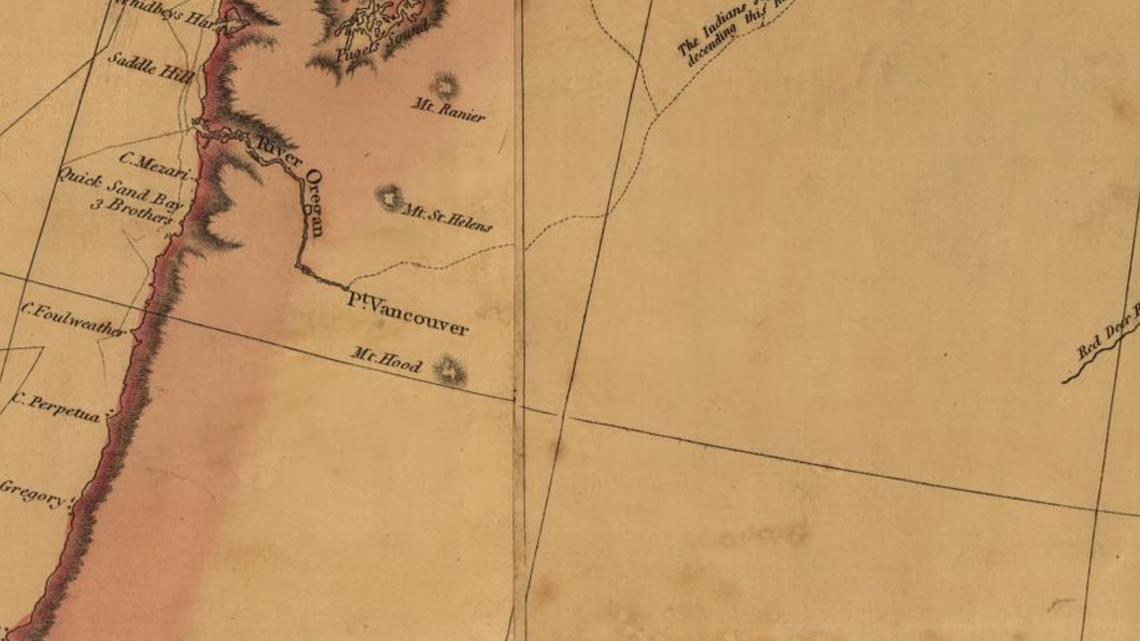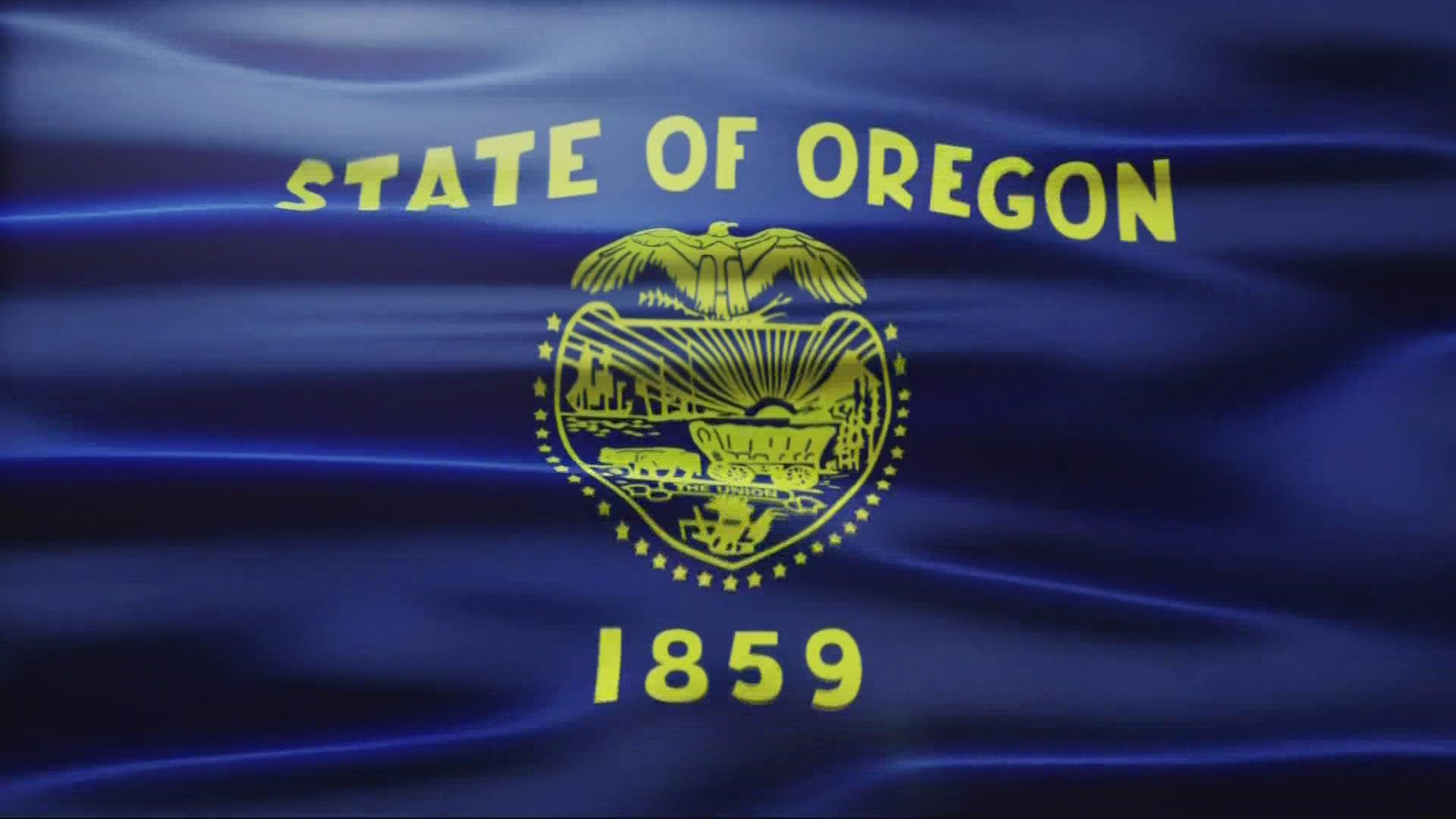PORTLAND, Ore. — Before Oregon was the 33rd state admitted to the United States in 1859, it was known as the Oregon Territory, and before that, the Oregon Country. Great Britain and the U.S. went back and forth during a three-decade long dispute over where the boundary line for the U.S. should be with the Oregon Country at the center of it. That moment in history is called the Oregon Question.
A different question many have tried to answer: Where did the name Oregon come from?
"It's an old word that has a kind of contested and mysterious etymology," said Edwin Battistella, a professor of English at Southern Oregon University. "I'm a linguist by trade, so I've always been interested in words and where they come from and how people change them over time. It was only kind of natural once I lived in Oregon to take a look at that."
Battistella's research says that the name Oregon dates back to a written record of at least 1765, credited to a British soldier named Major Robert Rogers.
"He was a colonial soldier in 1765 who wrote up a proposal to King George III to fund a a expedition to find the northwest passage by way of the river the Indians call Ouragon." Battistella said.
King George III denied that request.
Years later, Rogers helped organize another expedition that included explorer Jonathan Carver, who would explore the western portion of present day U.S. His journal details his travels and to a place called the River of the West, a common theory that could be behind the name of Oregon.
"The river of the west, one of the contemporary theories by a guy by the name of Eves Goddard, has it that it's from a word used by Connecticut Native Americans," Battistella said.
For decades, many have tried to figure out what Oregon's etymology is, but no one has yet to solidify an answer.
In 1920, the author of a volume of Oregon Historical Society Quarterly penned an article stating the word is a Native American word, but also notes his findings are "suggestive and not to be considered exact history."
A year later in 1921, the Oregonian published an article stating a Jefferson High School student won an Oregon Historical Society sponsored contest about the history behind the name. The winner took home $60.
Over the years, there's been a bunch of guesses behind where the name came from. Those guesses range from the herb 'oregano' to the Spanish kingdom 'Aragon,' and to 'ouragon,' which is a French word meaning hurricane. Some have even pointed to the Spanish word 'orejón,' which means big ears.
"This was sort of a folk etymology people had in the 19th century. H.W. Scott, the editor of the Oregonian, found that there was no basis for it," Battistella said.
In fact, over the years, all those ideas were found to be untrue or lacking basis.
In early maps from the late 1700s, the name River Oregan appeared, but the spelling is not like we see today.


"That's sort of where part of the mystery comes in. Where did that spelling of that word come from?" Battistella said.
That river as we know it today is the Columbia River.
When President Thomas Jefferson sent Lewis and Clark on an expedition to discover the western part of what is now the U.S., he wrote in his instructions to Clark, "Should you reach the Pacific Ocean, inform yourself of the circumstances which may decide whether the furs of those parts may not be collected as advantageously at the head of the Missouri (convenient as is supposed to the waters of the Colorado & Oregon or Columbia)."
Battistella wrote an article for the Oregon Encyclopedia, a project of the Oregon Historical Society. He details multiple theories that have been discussed over the years, but in the end concluded, "For now, we can safely say that the name originated from Major Robert Rogers' rendering of a Native word for the water route to the Pacific."
Which leaves the big question: Which language is Oregon and what does it mean? All good questions that leave scholars wanting to know more.
"That's sort of the allure of it. It's one of those sort of great mysteries. It always gives you something to think about and dig into," Battistella said.
What's in a Name is a series produced by KGW Sunrise Reporter Devon Haskins focused on how places around the Pacific Northwest got their names.

